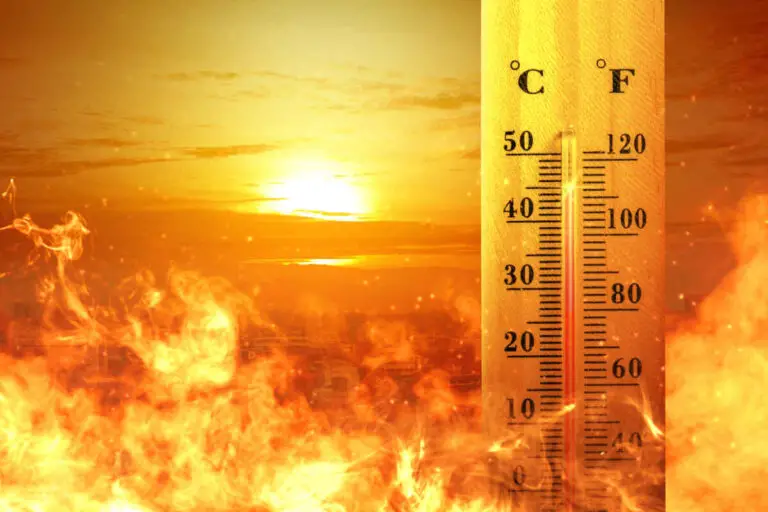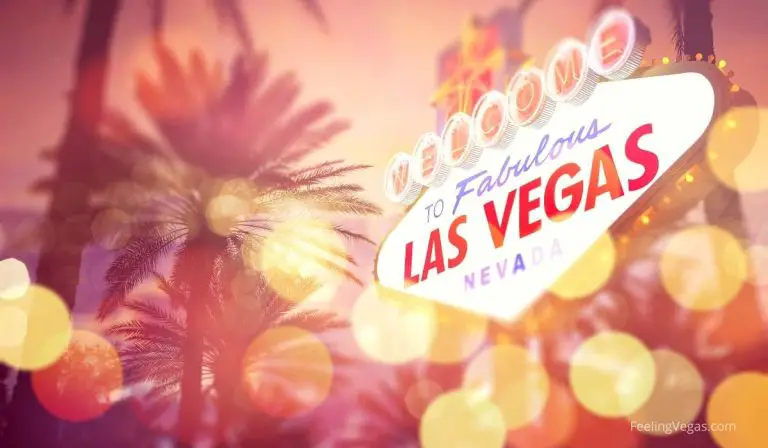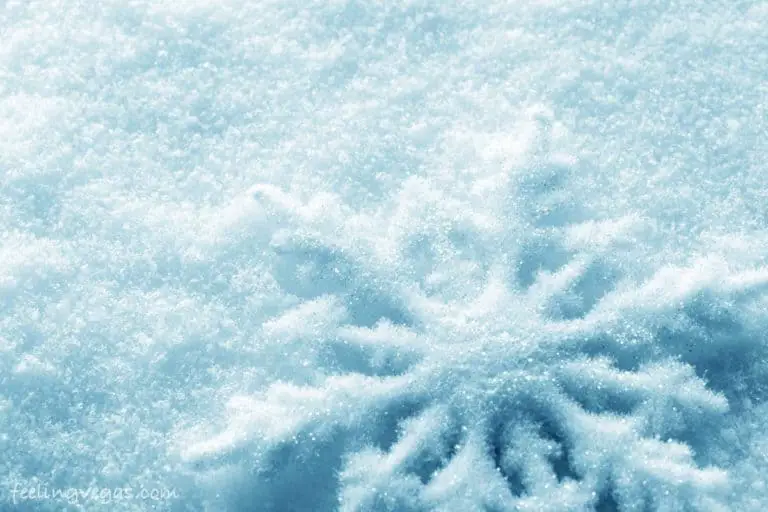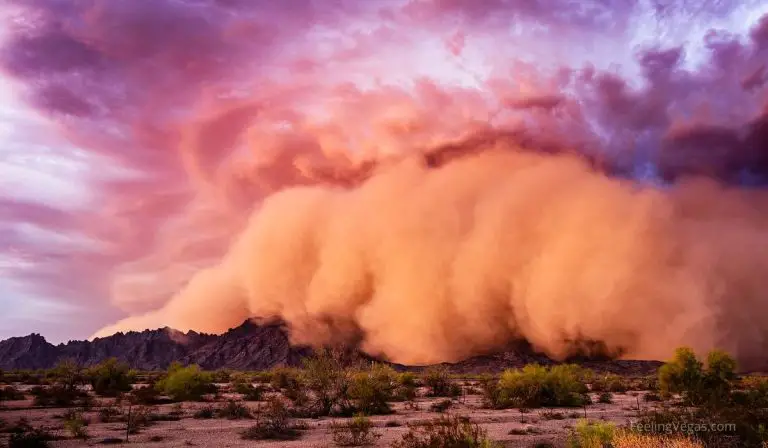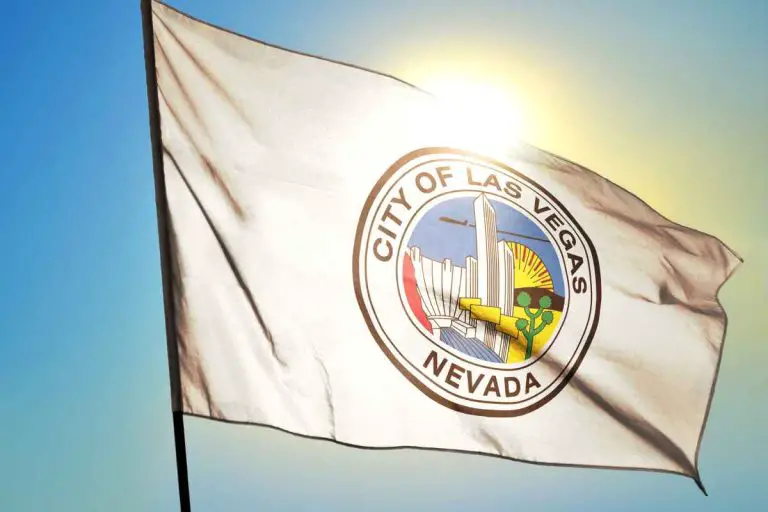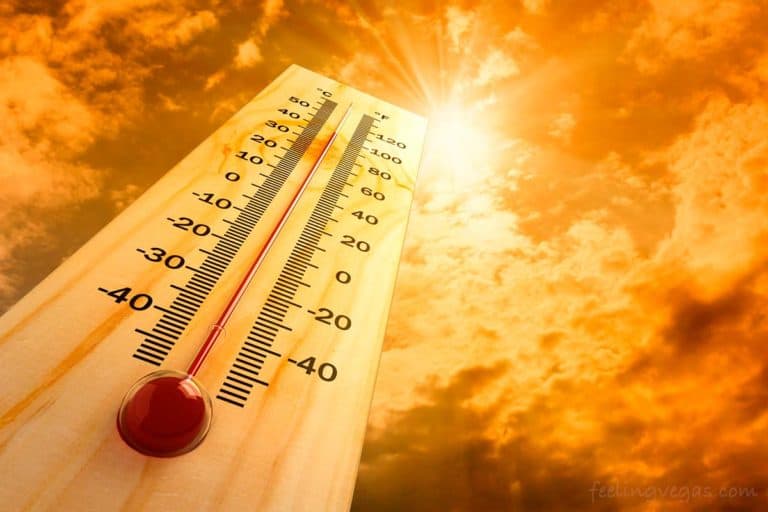Does Las Vegas Have Tornadoes? Natural Disasters in Vegas!
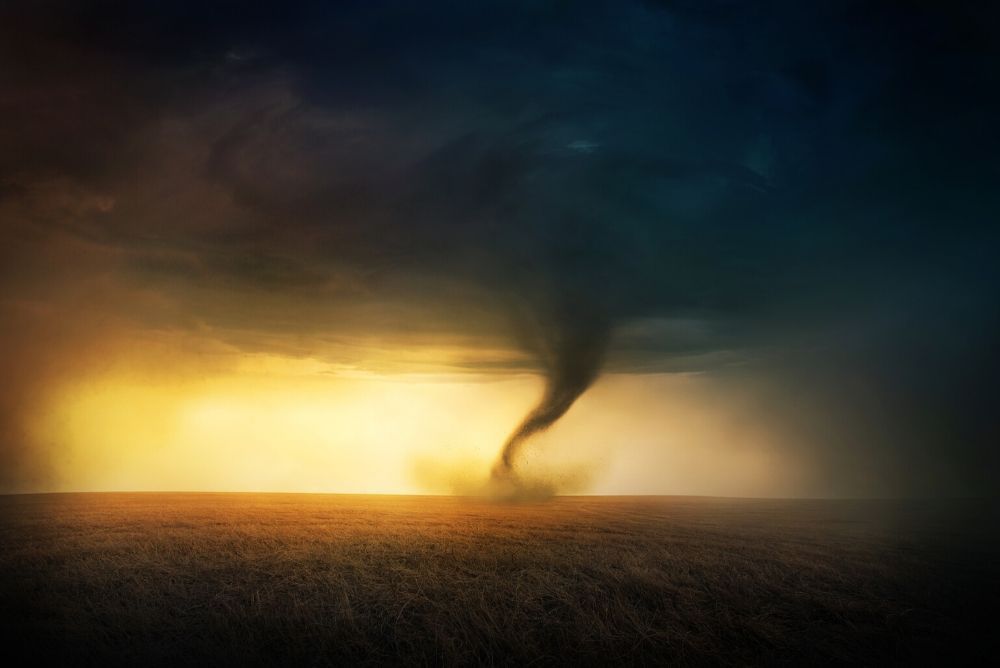
Millions of tourists and visitors flock to Las Vegas, the jewel of Nevada, each and every year. Surrounded by mountains, the city is located in the desert and sees very little rainfall. While the sunny weather is lovely, should you be worried about tornadoes or other natural disasters in Las Vegas?
Las Vegas has, in the past, experienced tornadoes, albeit very rarely. Although tornadoes do occasionally occur in Nevada, it is unlikely that you will be caught in a tornado in Las Vegas because the surrounding mountains break up and block most tornadoes before they can form.
Read on to learn more about the weather and climate in Las Vegas and Nevada, the geography of the city, other possible natural disasters, and the best times of year to visit Las Vegas.
The Risk of Tornadoes in Las Vegas
Over the years, Nevada has seen some tornadoes, to be sure. There have been at least 79 reported tornadoes of varying sizes in the last 50 years. Yet these occur mostly in the western part of the state. Since Las Vegas is in the south and protected by the Spring Mountain range, the chances of a tornado in Las Vegas are extremely slim.
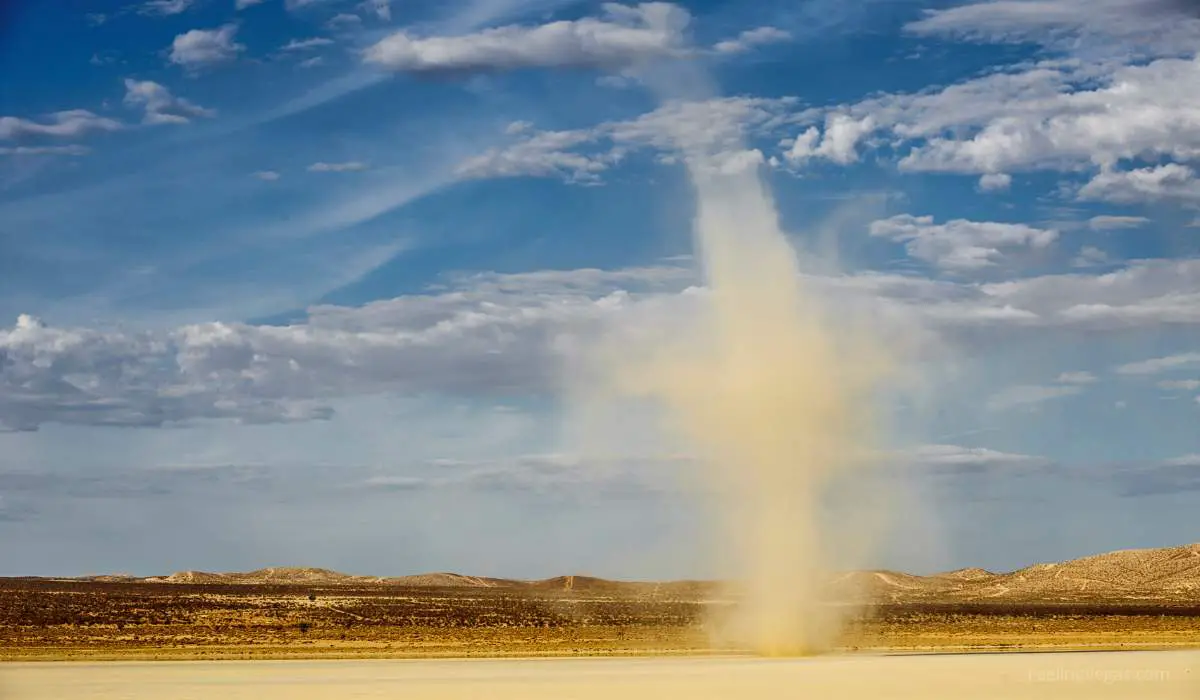
Occasionally, a combination of dust and wind will result in a dust storm, though most severe in the desert outside of Las Vegas, they can affect the city from time to time. More common are small dust devils that will spring up, but these are more interesting to watch than dangerous (usually), and they tend to dissipate quickly.
If the dust stirs up while out in the desert, find cover in a building or car, and wait for it to pass.
Additionally, bandanas and lots of water are recommended for hiking in the deserts of Nevada to protect from any dust and to stay hydrated.
Las Vegas Is Inside A Rain Shadow
Since Las Vegas is bordered by mountain ranges, the city is inside a so-called rain shadow, meaning it gets very little precipitation.
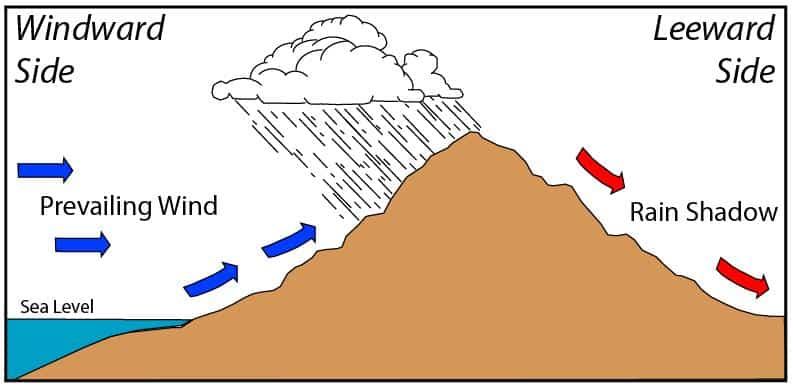
When air moves from low to high elevation, it cools and expands. This cooler air cannot hold moisture as well as warm air can, and so it forms clouds, which then release moisture as rainfall.
As air moves to the other side of a mountain, it is much drier and less likely to hold enough moisture to create rain. Mountains also block big storms and wind. Since Vegas is surrounded by mountain ranges, it is in a rain shadow from all sides and gets very little rain or stormy weather. The mountains are to thank for the sunny and clear weather that Las Vegas is famous for.
RELATED: Here’s How Often It Rains in Las Vegas
Weather and Climate In Nevada and Las Vegas
Overall, Nevada is a very dry and arid state, with very little rainfall and an average of 300 sunny days per year. The lack of rainfall is attributed to the existence of Nevada’s many desert regions, including parts of the massive Mojave Desert (Find out more about the Mojave Desert surrounding Las Vegas in our article here).
Nevada is also mountainous, with ranges that border deserts and receive most of the state’s rainfall. On the tops of these ranges are lush forests, which is interesting because within just a short drive, you can be down in the barren desert below before you know it.
Typically, the climate of southern Nevada (including Las Vegas) is hot and dry during the summer, with temperatures during the day rising to over 100ºF (37.8ºC). These high temperatures can last from June through September.
Winters can be longer and colder in the northern parts of the state. However, in the south, where Las Vegas is, the daytime winter temperature averages a balmy 57ºF (13.9ºC).
At night in the winter, temperatures throughout the state, including Vegas, can dip to below freezing due to the arid climate and often-clear skies. Without clouds to hold in the warm air, it can get quite cold at night.
The Best Time to Visit
Las Vegas has the most temperate weather in spring, from March to May, and then again in fall, from September to November.
Early spring shows a drop in tourism, making it both more physically comfortable and less stressful, especially for families that want to avoid the largest crowds.
Sweltering heat from July to August can be especially uncomfortable when you’re outside. However, everywhere you go has robust air conditioning, plus summer is the best season for fun and relaxation by the pools.
Las Vegas has the most amazing swimming pools! Check them out in our article here.
As for tourism, Las Vegas is a busy year-round destination but does see spikes of tourists in December and around New Year’s Eve celebrations. As a result of the holidays, the city has more concerts and events during this time of year. Visitors can also count on much lower temperatures during the daytime. However, if you’re planning to go to Las Vegas near the holidays, you should book a hotel and flight early.
RELATED: Best Times of Year to Visit Las Vegas (Weather, Deals & Fun)
Other Possible Natural Disasters in Southern Nevada
While tornadoes in Las Vegas shouldn’t be of concern to you, there are other natural disasters that are slightly more common to look out for while in Vegas.
Residents of the city have experienced some flash flooding, drought, and the effects of earthquakes in recent history. While you shouldn’t be overly concerned about these natural disasters, it’s good to be prepared and know how to stay safe, just in case.
Earthquakes in Nevada
Vegas is near fault lines that cross through Nevada, making the state susceptible to quakes. If a fault is 100 miles away or closer to the city, it is possible that the quake could be felt in Las Vegas. Nevada also borders California, which has the most earthquakes of any US state.
While you should be aware of the risk of earthquakes, it is still very unlikely you will experience one (I’ve only felt one in the several years I’ve lived here).
Building codes have been improved in order to ensure stability, and most earthquakes recorded in Nevada are not close to or under Las Vegas.
Can Las Vegas hotels handle earthquakes? Find out in our article here.
However, if you are caught in an earthquake, remember to stop, cover, and hold on.
- Stop: Stop whatever you’re doing.
- Cover: Cover your head and neck with one hand, while in a fetal position.
- Hold on: Grab onto a sturdy piece of furniture with your free hand.
Don’t come out of this position until the shaking has stopped.
Southern Nevada Drought
Since Vegas is so dry and hot, the city has been recorded to be battling drought since the year 2000. The city has yet to put hard limits on water use.
This issue won’t likely affect you while in Vegas, but please do your part to conserve water when you’re visiting.
Flash Flooding in Las Vegas
Though it doesn’t rain much in Las Vegas, when it does rain, there is a risk of flooding. A flash flood is when it rains enough in a short amount of time to quickly flood an area with moving water. The flash flood season in Clark County, where Las Vegas resides, is July through September. If you happen to travel to Vegas during that time, check local news sources for possible flood warnings.
Nevada has taken precautions against flooding by implementing flood channels to hold overflowing water.
In the unlikely event you are caught in a storm that causes any amount of floodwater, don’t walk or drive in it. Stay inside! The biggest danger in a flood is when a driver attempts to drive through a flooded area. Don’t do it!
RELATED: When Is Monsoon Season in Las Vegas?
Tornados in Las Vegas – Conclusion
You don’t need to worry about tornadoes in Las Vegas – they are an extremely rare occurrence due to the barrier of mountains surrounding the city. These same mountains keep Vegas hot and dry, making summer almost excruciating but early spring and fall quite temperate.
There is some risk of flooding, drought, or earthquakes, but as long as you remember to check the weather forecasts daily and understand the protocol for earthquakes, you shouldn’t have too much to worry about.
Now, you’re ready to find a hotel deal for one of the most fun cities in America. And remember, what happens in Vegas stays in Vegas!
Check out 35 Super Fun Things to Do in Las Vegas in our article here.
Related Posts:

